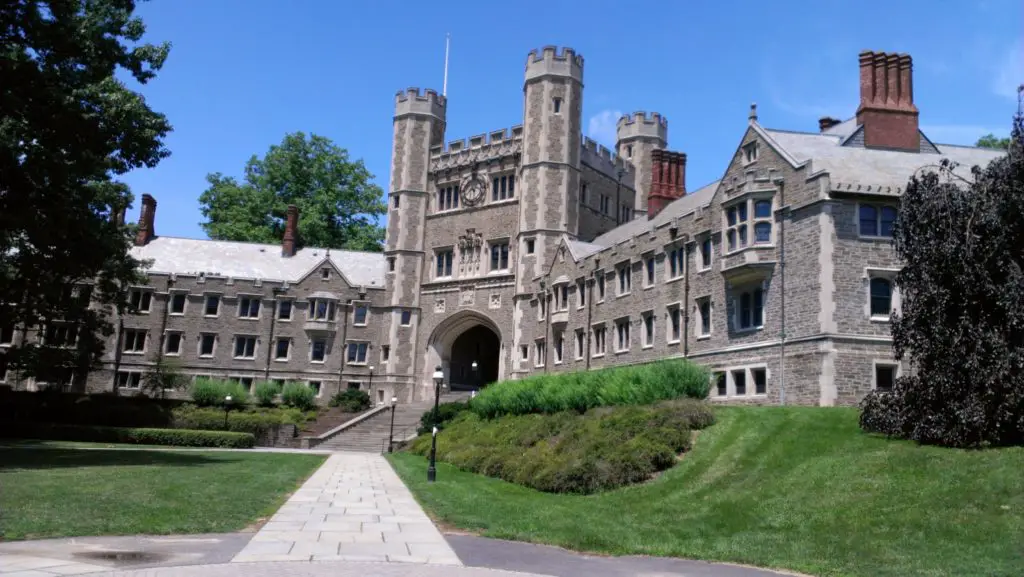Princeton University is partnering with Microsoft to use its advanced technology to understand the mechanisms of biofilm formation.
Biofilms, which are the associated communities of bacteria, are the leading cause of microbial infection worldwide. They kill as many people as cancer does.
A research team led by Microsoft researcher Dr. Andrew Phillips will work in close coordination with Princeton’s molecular biology professor, Bonnie Bassler, Lewis-Sigler Institute’s microbiology professor, Ned Wingreen and an investigator from Howard Hughes Medical Institute.
“This collaboration enables us to bring together advances in computing and microbiology in powerful new ways,” said Brad Smith, president of Microsoft. “This partnership can help us unlock answers that we hope someday may help save millions of people around the world.”
For the research, Microsoft will be contributing a cloud-based prototype that will be used for biological modeling and experimentation. The researchers from Princeton will use Microsoft’s cloud and advanced machine learning to understand the working of different stains of biofilm.
By combining our distinctive strengths, Princeton and Microsoft will increase our ability to make the discoveries needed to improve lives and serve society,” Princeton University president Christopher L. Eisgruber said.
“Technology is creating new possibilities for collaboration, and we hope this venture will inspire other innovative partnerships in the years ahead,” Eisgruber added.
Facebook Partners With University of Alabama to Counter Opioid Use

